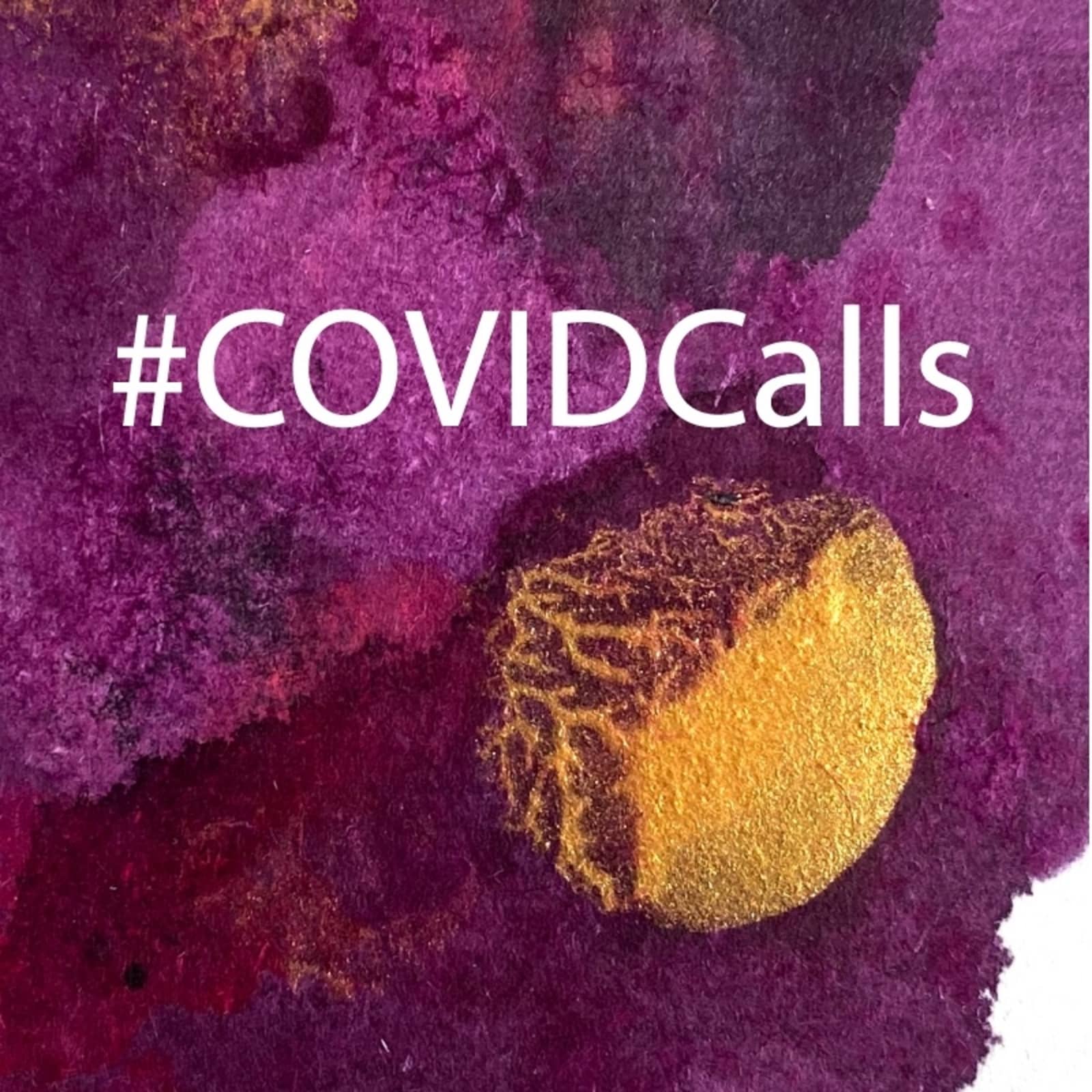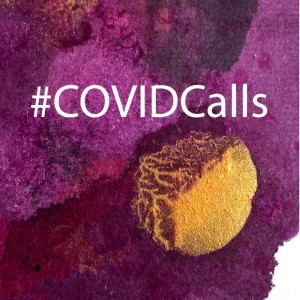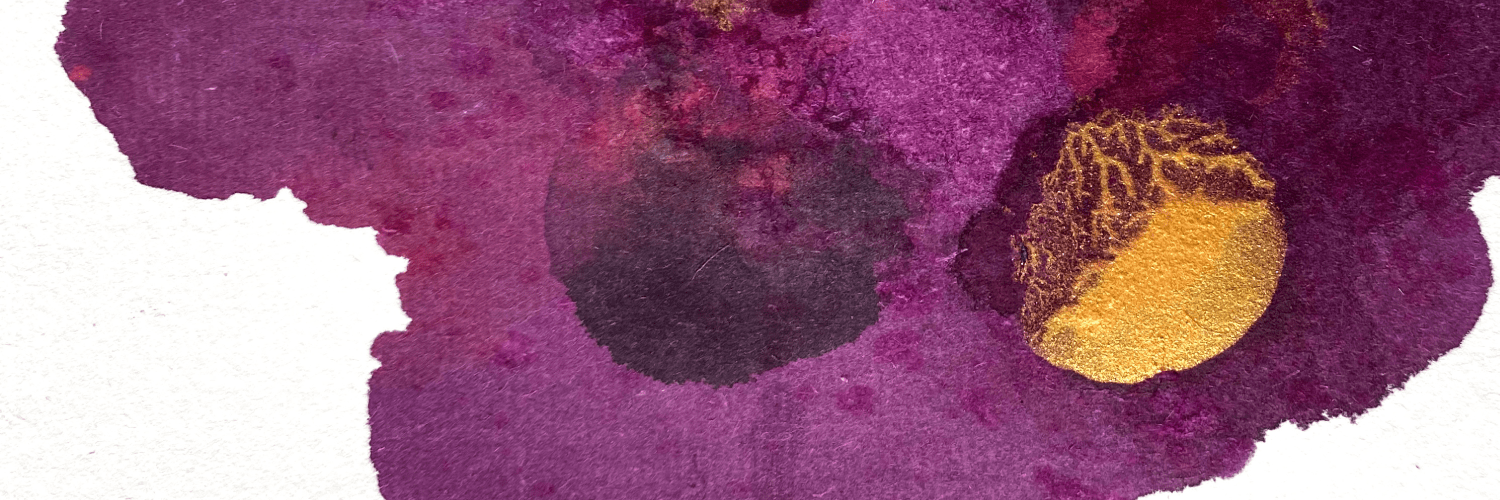
56K
Downloads
504
Episodes
A daily discussion of the COVID-19 pandemic with a diverse collection of disaster experts - hosted by Dr. Scott Gabriel Knowles, a historian of disasters at KAIST in Daejeon, South Korea.
A daily discussion of the COVID-19 pandemic with a diverse collection of disaster experts - hosted by Dr. Scott Gabriel Knowles, a historian of disasters at KAIST in Daejeon, South Korea.
Episodes

Wednesday Aug 19, 2020
EP #103 COVID-19 in Cancer Alley
Wednesday Aug 19, 2020
Wednesday Aug 19, 2020
Today, a discussion of COVID-19 Louisiana.
Dr. Adrienne Katner is an Assistant Professor of Environmental and Occupational Health Sciences at Louisiana State University Health Sciences Center School of Public Health in New Orleans, Louisiana. Her research focuses on evaluating the efficacy of regulatory and environmental interventions in reducing exposures to chemical and microbial contaminants. Her outreach to rural low-income communities throughout Louisiana was recognized by area non-profits with an “Environmental Justice” award in 2016.
Christopher Oliver joined the Tulane faculty in 2014, as Professor of Practice jointly between the Department of Sociology and the Environmental Studies program. He is also faculty in the Urban Studies and the City, Culture, and Community programs. As the Jill H. and Avram A. Glazer Professor of Social Entrepreneurship within the Phillis M. Taylor Center for Social Innovation and Design Thinking, Dr. Oliver builds upon these interests by using innovative approaches to examine issues of socioenvironmental injustices.
Marylee Orr is one of the co-founders of LEAN Louisiana Environmental Action network, which was formed in 1986. Orr administers the organization’s budget and manages its fundraising efforts through grants and membership development. She coordinates LEANs operations, community serves, board, and staff activities. Orr organizes member groups’ participation in public hearings, coordinates its media strategies on the local, state, and national level, and serves as the environmental community’s voice with local, state, and federal agencies. She organizes events related to issues of LEAN members, coordinates annual conferences for citizens, legislators, and other grass roots organization leaders on topics ranging from health issues to political activism.
Kimberly Terrell is the Director of Community Outreach at Tulane Environmental Law Clinic (TELC), where she serves as a staff scientist and helps concerned citizens and organizations engage in environmental decision-making and access the legal resources of TELC. In particular, she helps people access and understand scientific information related to their environmental concerns. Dr. Terrell earned a Ph.D. in Conservation Biology from the University of New Orleans in 2011.

Wednesday Aug 19, 2020
EP #102 - COVID-19 in Haiti
Wednesday Aug 19, 2020
Wednesday Aug 19, 2020
Today, a discussion of COVID-19 in Haiti and the Caribbean with Franciscka Lucien and Mimi Sheller.
FRANCISCKA LUCIEN joined the Institute for Justice and Democracy in Haiti as Executive Director in July 2019. She is a committed advocate for social justice, and an experienced international development professional skilled in strategic management, fundraising, communications and advocacy. Her work focuses on the intersection of equity, health, and a rights-based approach to development. She served as Deputy Director of Policy and Partnerships for Partners In Health (PIH) in Liberia, coordinating with under-served communities, non-governmental organizations, the Ministry of Health, and international organizations to improve delivery of critical health services in the wake of Liberia’s Ebola epidemic. She worked extensively in Haiti, leading key projects to strengthen public delivery systems for health care, and implementing the human right to health for rural, marginalized communities. She holds an M.A. from the George Washington University Elliott School of International Affairs and a Bachelor of Science from the Georgetown University Edmund A. Walsh School of Foreign Service.
Mimi Sheller is Professor of Sociology and founding Director of the Center for Mobilities Research and Policy at Drexel University in Philadelphia. She is founding co-editor of the journal Mobilities, associate editor of the journal Transfers, and past President of the International Association for the History of Transport, Traffic and Mobility. Her books include Island Futures: Caribbean Survival in the Anthropocene (out in Fall 2020 from Duke University Press); Mobility Justice: The Politics of Movement in an Age of Extremes (Verso, 2018); Aluminum Dreams (MIT Press, 2014); Citizenship from Below (2012); Consuming the Caribbean (2003); and Democracy After Slavery: Black Publics and Peasant Radicalism in Haiti and Jamaica (Macmillan Caribbean, 2000).

Wednesday Aug 19, 2020
EP #101 - COVID-19 and the Nuclear Age with Robert Jay Lifton
Wednesday Aug 19, 2020
Wednesday Aug 19, 2020
Today, in a continuation of my discussion from last week on COVID-19, nuclear violence, and radiation I talk with psychiatrist and author Robert Jay Lifton.
Robert Jay Lifton graduated from New York Medical College in 1948. Dr. Lifton is credited with helping to establish a new field in medicine called psychohistory, the field of inquiry that explores the psychological motives of individuals and groups of historical actors, as well as the psychological impact of historical events.
Dr. Lifton later served as an Air Force psychiatrist in Japan and Korea, a teacher and researcher at the Washington School of Psychiatry, Harvard University, and the John Jay College of Criminal Justice where he helped to found the Center for the Study of Human Violence.
He is a recipient of the Gandhi Peace Award, the Holocaust Memorial Award, and numerous other national and international awards, as well as many honorary degrees.
His books include Death in Life: Survivors of Hiroshima which won a National Book Award, Hiroshima in America: A Half-Century of Denial (with Greg Mitchell), The Nazi Doctors: Medical Killing and the Psychology of Genocide (Basic Books, 1986) Witness to an Extreme Century: A Memoir (Free Press, Simon & Schuster, 2011), The Climate Swerve: Reflections on Mind, Hope, and Survival (The New Press, 2017), and Losing Reality: On Cults, Cultism, and the Mindset of Political and Religious Zealotry (The New Press, 2019).

Wednesday Aug 19, 2020
EP #100 - 100th Episode! With Kim Fortun & Laurie Garrett
Wednesday Aug 19, 2020
Wednesday Aug 19, 2020

Wednesday Aug 19, 2020

Sunday Aug 09, 2020
Sunday Aug 09, 2020
Today, I talk about COVID-19 and hurricane evacuation and sheltering with Joshua Behr, Elizabeth Dunn, Jennifer Marshall and Wie Yusuf.
Joshua G. Behr PhD is Research Associate Professor at the Virginia Modeling, Analysis and Simulation Center (VMASC) at Old Dominion University. Dr. Behr conducts studies, performs modeling, and publishes insights related to community resilience, catastrophic events, evacuation behavior, recurrent flooding, and the disposition of medically fragile and vulnerable populations in the post-event recovery process. Dr. Behr has also published articles addressing drivers of emergency department utilization, asthma, and health service utilization.
Elizabeth A. Dunnis an Instructor at the USF College of Public Health, where she teaches courses in disaster management, humanitarian relief, and homeland security. She is currently pursuing her Doctor of Public Health (DrPH) degree in Public Health Leadership. The focus of her current research is examining and evaluating disaster management systems working primarily with vulnerable populations from hurricane sheltering to humanitarian logistics and supply chain disruptions. Furthermore, Elizabeth is involved with research on policy and decision making during a pandemic, and how the built environment and social implications impact at-risk neighborhoods.
Dr. Jennifer Marshall is an Associate Professor at the University of South Florida (USF) College of Public Health, Chiles Center. She serves as Interdisciplinary Faculty Lead and is also Director of Research and Evaluation and Deputy Director of Outreach for the NIOSH funded Sunshine Education, Research and Training Center for occupational health and safety. Her research interests stem from over 30 years of experience working with community programs that support perinatal women’s health, underserved communities, and parents of young children with special health care needs. Areas of expertise include mixed-methods, community-based, participatory research and program evaluation.
Wie Yusuf is Professor of Public Service in the Strome College of Business at Old Dominion University. She is also Assistant Director of ODU’s Institute for Coastal Adaptation and Resilience, a national center for the science and practice of coastal resilience. Her research focuses on coastal resilience and wicked issues at the intersection of governments, nonprofits, businesses, and civil society.

Friday Aug 07, 2020
EP #97 - COVID-19 and the Future of Democracy - Nils Gilman
Friday Aug 07, 2020
Friday Aug 07, 2020
Today, I talk about COVID-19, the government response and the future of democracy with Nils Gilman of the Berggruen Institute.
Dr. Nils Gilman is the Vice President of Programs at the Berggruen Institute, in which capacity he leads the Institute’s research program, directs its resident fellowship program, and is also Deputy Editor of Noema Magazine. He has previously worked as Associate Chancellor at the University of California Berkeley. Gilman has won the Sidney Award (for long-form journalism) from the New York Times and an Albie Award (for international political economy) from The Washington Post.
He is the author of Mandarins of the Future: Modernization Theory in Cold War America (2004) and Deviant Globalization: Black Market Economy in the 21st Century (2011) as well as numerous articles on intellectual history and political economy. He holds a B.A. M.A. and Ph.D. in History from U.C. Berkeley.

Thursday Aug 06, 2020

Thursday Aug 06, 2020
EP#85 - Pandemic and Economic Hardship - Fallon Samuels Aidoo
Thursday Aug 06, 2020
Thursday Aug 06, 2020
Fallon Samuels Aidoo is the Jean Brainard Boebel Professor of Historic Preservation, and is affiliated with the University of New Orleans’s (UNO) Department of Planning and Urban Studies as well as its Urban Entrepreneurship and Policy Institute.

Tuesday Aug 04, 2020
EP #95 - Decolonization and Pandemic - Sarah Kelly & Manuel Tironi
Tuesday Aug 04, 2020
Tuesday Aug 04, 2020
Today, I talk about Indigenous communities and COVID-19 in Chile with Manuel Tironi and Sarah Kelly.
Sarah Kelly is a cultural geographer and postdoctoral researcher affiliated with CIGIDEN (Research Center for Integrated Disaster Risk Management) and Dartmouth College. Her work addresses water, climate change, and disaster studies through community-based participatory research and mapmaking, principally with Mapuche-Williche communities in southern Chile.
Manuel Tironi is an Associate Professor at the Sociology department at the Catholic University of Chile where he convenes the Critical Studies on the Anthropocene research group. He is principal investigator at CIGIDEN (Research Center for Integrated Disaster Risk Management) and 2020-21 Global Advisor of the Institute for Culture and Society, Western Sydney University.
